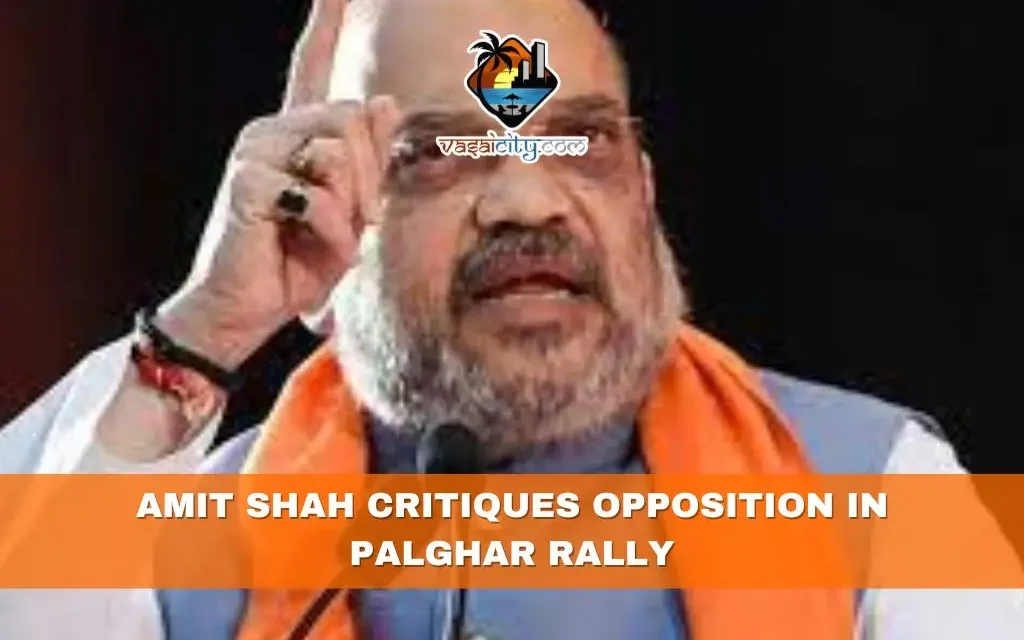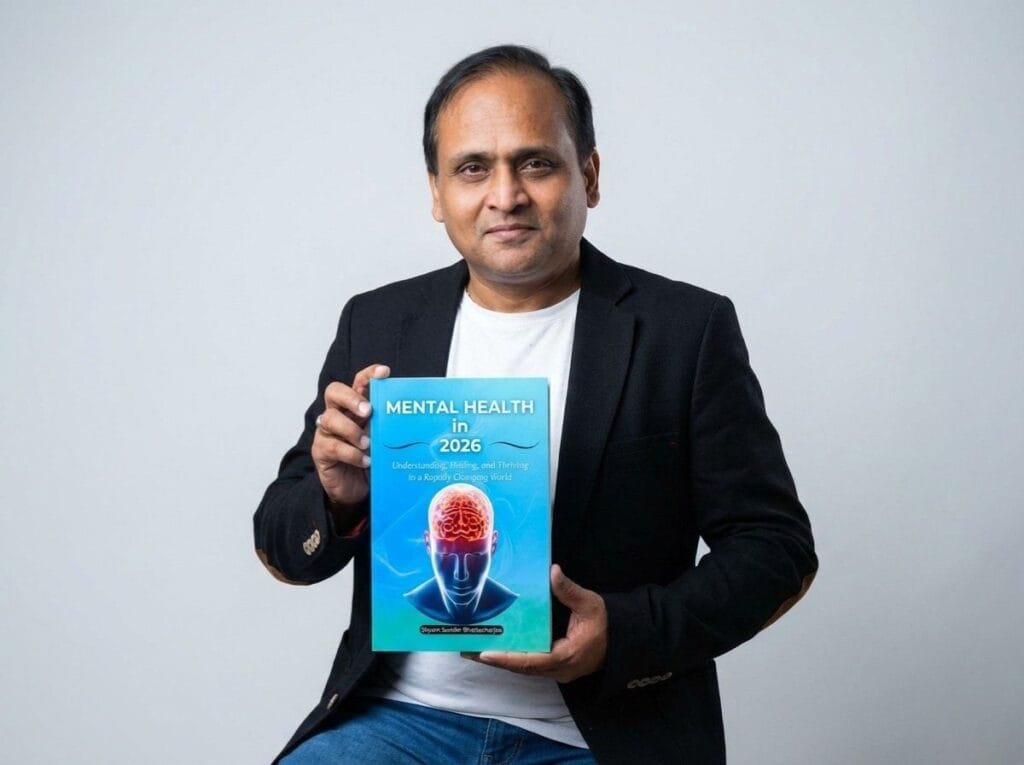At a political rally in Palghar, Maharashtra, Union Home Minister Amit Shah made headlines with his sharp critique of the I.N.D.I.A. alliance, a coalition of opposition parties. Shah, a prominent figure in the Bharatiya Janata Party (BJP), labeled the opposition bloc as a “circus” and “khichdi alliance,” using the term ‘khichdi’ — a mixed rice dish — to suggest a lack of coherence and unity among the opposition parties.
During his speech in Vasai, as part of the ongoing campaign for the upcoming Phase 5 elections in Maharashtra, Shah’s comments focused heavily on the theme of political legacy and dynastic ambitions within Indian politics. He accused several leaders of the opposition of prioritizing their family members for leadership roles over national interest.
“Uddhav Thackeray wants to make his son Aaditya Thackeray the Chief Minister,” Shah declared, referencing the Shiv Sena (UBT) leader’s aspirations for his son. He didn’t stop there; the list of accusations extended to other significant political figures. “Sharad Pawar is eyeing the Chief Minister position for his daughter Supriya Sule, while Mamata Banerjee hopes to see her nephew Abhishek Banerjee in that role in West Bengal. Likewise, Lalu Prasad aims to install his son Tejashwi Yadav as the Chief Minister.”
Shah also targeted Sonia Gandhi, the veteran Congress leader, asserting her intention to see her son Rahul Gandhi ascend to the role of Prime Minister of India. These statements paint a picture of an opposition bloc tangled in familial ties, according to Shah, which he believes detracts from their capacity to govern effectively.
Addressing the crowd, Shah confidently proclaimed that Prime Minister Narendra Modi is poised for a third term in office, suggesting a strong public approval of his leadership and policies. He contrasted Modi’s leadership with that of the opposition, questioning their ability to handle critical national issues like the COVID-19 pandemic, national security, terrorism, and Naxalism. “Only Modi can do it,” he stated emphatically.
Amit Shah also took a moment to reflect on past governance, criticizing the previous Congress-led UPA government, which he described as another “khichdi alliance” plagued by scams. In stark contrast, Shah highlighted Modi’s tenure, first as the Chief Minister of Gujarat for over a decade and then as the Prime Minister of India. He praised Modi’s assertive actions on the international front, including military strikes against Pakistan.
“Pakistan-occupied-Kashmir was of India, is of India and would be of India in future,” Shah affirmed, reiterating a common sentiment in Indian politics about the disputed territory. He also emphasized the BJP’s commitment to national issues like the implementation of the Uniform Civil Code, arguing that the country cannot be governed by Sharia law. Shah cited the abolition of the triple-talaq and the introduction of the Citizenship Amendment Act (CAA) as examples of the BJP’s forward-thinking governance.
Furthermore, Shah touched on the sensitive issue of Article 370, which pertained to the special status of Jammu and Kashmir. Its abrogation, according to him, was a step towards ensuring stability in the region. The Ram temple issue also surfaced in his speech. He criticized Maharashtra Congress President Nana Patole’s statement about “purifying” the temple premises, a comment that has sparked considerable controversy.
The political landscape in Palghar where Shah spoke is witnessing a keen contest. The BJP has fielded Dr. Hemant Savara, son of the late BJP leader and minister Vishnu Savara. He is competing against Bharti Kamdi of Shiv Sena (UBT) and Rajesh Patil of the Bahujan Vikas Aghadi (BVA), an ally of the BJP.
As the election phase approaches, the dynamics in Palghar reflect broader national political trends, where lineage and legacy play significant roles. Amit Shah’s speech underscores the BJP’s strategy of highlighting these themes, portraying the opposition as entangled in personal ambitions rather than focused on governance and development. Whether this narrative resonates with the voters of Maharashtra and beyond will be seen as the election results unfold. Meanwhile, the electoral battle in Palghar and Shah’s critical remarks have set the stage for a highly charged political showdown.









